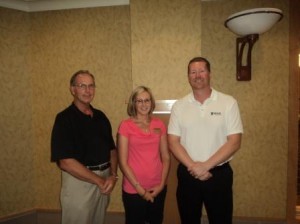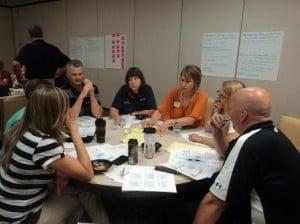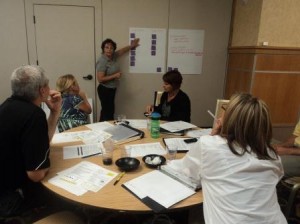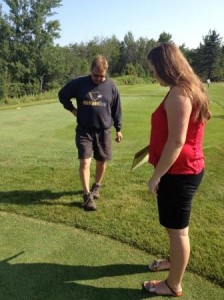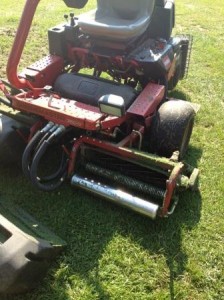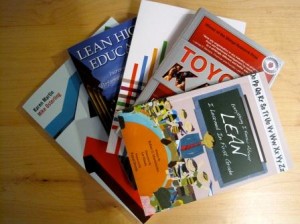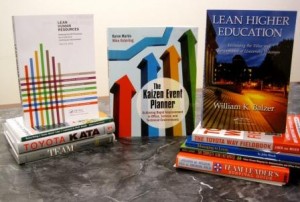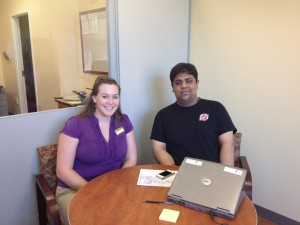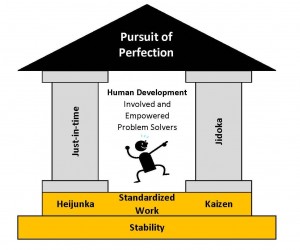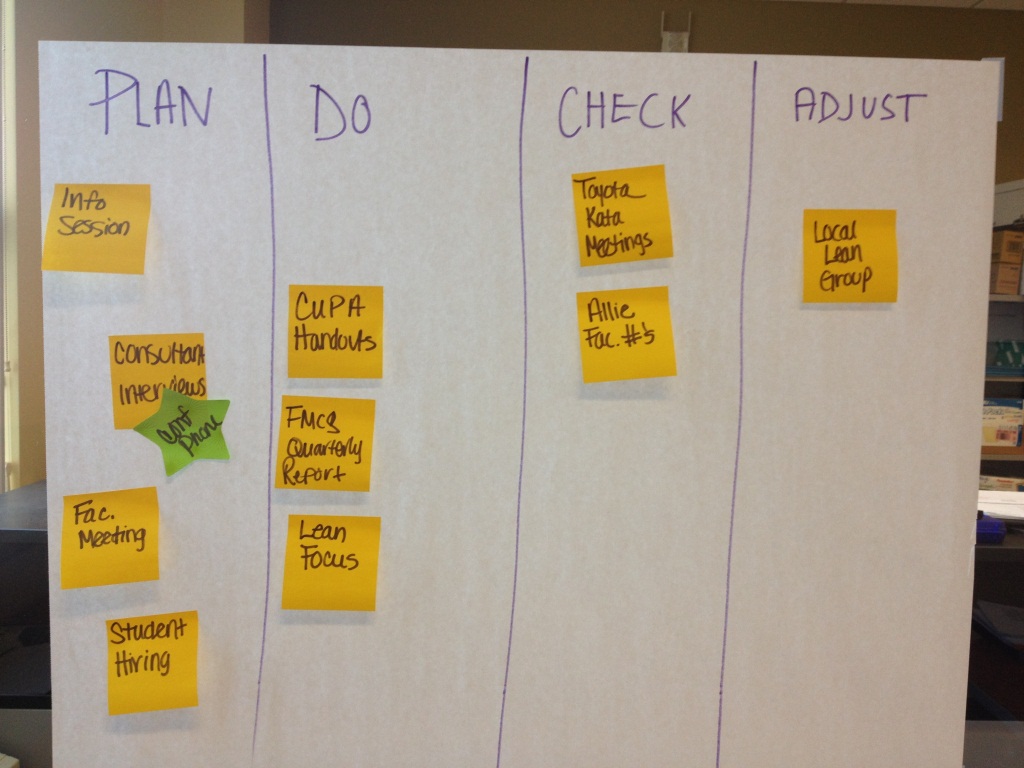I’m back! This summer I took a break from my job as a Student Process Improvement Coordinator to participate in a Technical Marketing internship with Caterpillar, Inc. in Peoria, Illinois. Although my primary job functions did not include continuous improvement work, I was able to gain exposure to both Lean and 6 Sigma efforts at Caterpillar during my internship.
During my internship, I took both my DMAIC and DMEDI 6 Sigma green belt tests. DMAIC stands for Define, Measure, Analyze, Improve, and Control. DMAIC is useful for CPI processes, which are Continuous Product/Process Improvement projects. DMEDI stands for Define, Measure, Explore, Develop, Implement. DMEDI is useful for NPI projects, which are New Product/Process Introduction projects. As someone who was only familiar with the Lean methodology prior to my experience at Caterpillar, it was interesting to see some of the overlapping of concepts and tools used, as well as the new concepts and tools I was unfamiliar with.
In addition to my 6 Sigma training, I was also exposed to CPS– the Caterpillar Production System. Like Lean, CPS stems from TPS, the Toyota Production System. The use of CPS was very apparent on the various facility tours that I was able to participate in. At the different facilities there were metrics boards on display, and visual controls used for a variety of things, such as lines on the floor indicating where walking space was, signs to let people know that they are entering an area where extra safety equipment is required, etc. Assembly lines were also set up to work for the people working on them; every tool seemed to have a place that it belonged. On assembly lines there were also error-proofing methods used to make sure that the product was being made to exactly meet the specifications of the customer.
My experience this summer with Caterpillar was a fantastic opportunity and I learned so much, so I am excited to use my new 6 Sigma knowledge as I dive back into being a Student Process Improvement Coordinator at Michigan Tech!
-Megan Johnson

